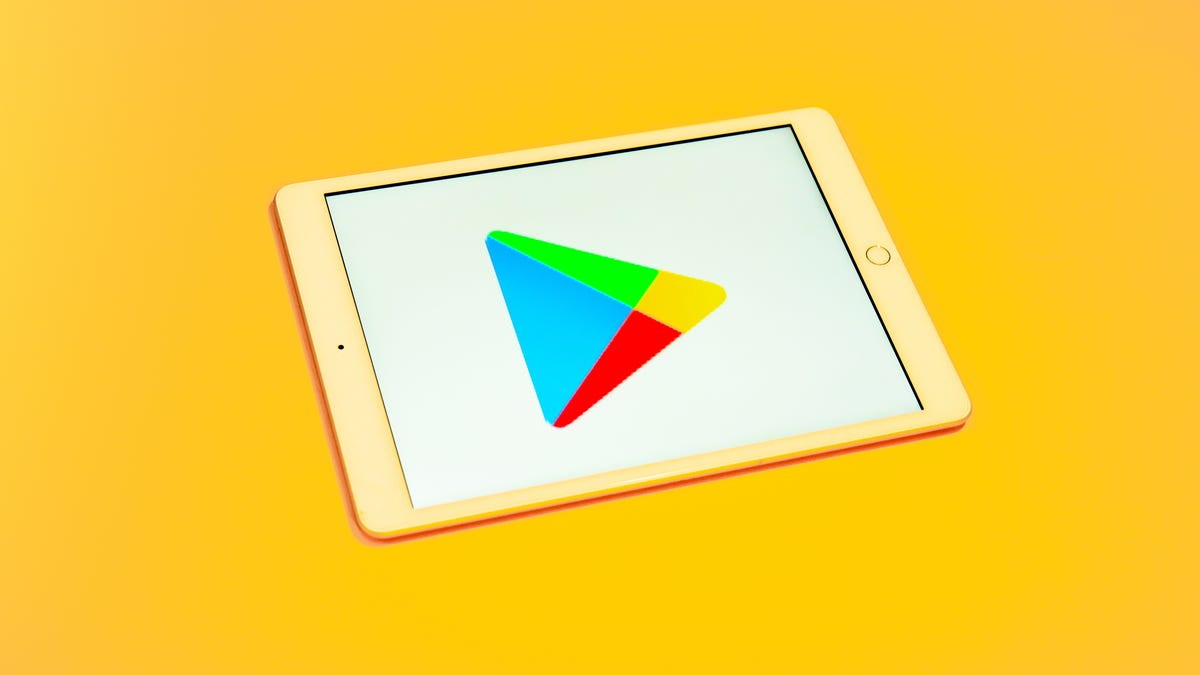Fortnite Maker Says Google Paid Activision Millions Not to Launch Rival App Store

According to court filings, Google paid developers millions to keep them within Google Play.
Sarah Tew/CNET
Fortnite developer Epic Games said Google paid the equivalent of $360 million to Call of Duty developer Activision Blizzard as part of a broad agreement that included a promise the gaming giant would not create a rival app store. The move, Epic said, helped solidify Google’s hold on phones and tablets powered by its Android software.
In the filing, newly unredacted Thursday, Epic said Google paid other developers in a similar way to Activision. Epic cited an agreement Google struck with Tencent, the Chinese company that owns League of Legends developer Riot Games, giving it about $30 million over one year. Like Activision, that money too was part of a larger agreement for Riot to maintain its Google-powered games and spend money promoting them as part of Android.
Google and Activision Blizzard both denied Epic’s allegations about competing app stores. Google said the agreements are designed to provide incentives for developers to create apps for Google Play. “Epic is mischaracterizing business conversations,” a Google spokesperson said in a statement. “It does not prevent developers from creating competing app stores, as Epic falsely alleges.”?
Activision, for its part, said Google never “asked us, pressured us, or made us agree not to compete with Google Play.” Activision is in the midst of being acquired by software giant Microsoft for $68.7 billion.
The filing is the latest allegation in Epic’s ongoing lawsuit against Google, which it accuses of operating a monopoly with Google Play, which sells apps for Android. Epic’s ongoing lawsuit is similar to another battle it’s waging against Apple and its App Store over similar concerns of monopolistic practices. In both cases, Epic is pushing the companies to reduce the control they exert over their respective platforms, both in terms of how phone and tablet owners pay for apps and where to download them from.
So far, Epic’s lawsuits against Google and Apple have shown mixed results.?Apple largely won its first court case with Epic, though the game maker is appealing the decision. Meanwhile, Google has begun loosening its control over Google Play, allowing apps such as Spotify and dating app Bumble to use their own payment platforms. Both Google and Apple have historically required app makers to sell digital items like new looks for characters or subscriptions through payment processors that charged as much as a 30% commission. Epic argues developers should be able to use any payment platform they want, avoiding the royalty fee.
It’s unclear whether Epic’s argument that Google paid developers to not compete will win in an eventual court case. Epic said in its complaint that “Google understood” the agreement would mean that Activision would “abandon its plans to launch a competing app store, and Google intended this result.”
But Armin Zerza, now Activision Blizzard’s finance chief, said in one of the court filings that the company chose not to launch a rival app store because of the risk of failure, in addition to costs for development and marketing. When asked about entering a deal with Google that “accomplished your objectives,” Zerza said that the Activision Blizzard board approved a deal with the Android maker because it “created multi-hundred-million dollars of value for us across multiple ecosystems.”
If Activision is ultimately purchased by Microsoft though, it may end up helping create an app store after all. Microsoft told regulators in October that it intends to build its own mobile app store to rival Google and Apple. Activision’s deep library of popular games, including Candy Crush Saga and World of Warcraft, will be a key part of that effort.